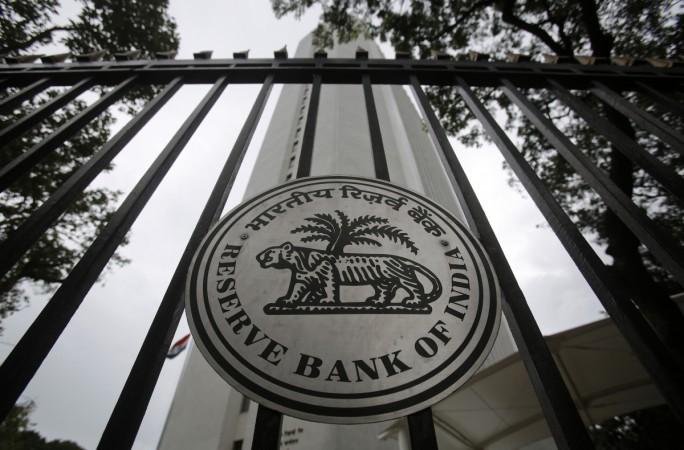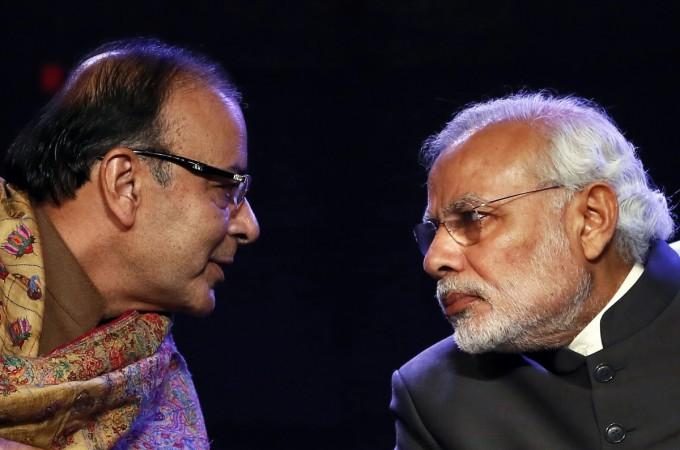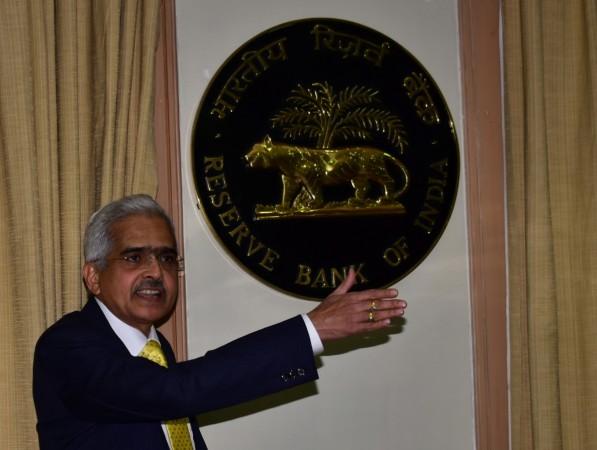
India's government will likely renew its demand for 131.40 billion Indian rupees ($1.9 billion) in additional dividend from the central bank helmed by newly-appointed governor Shaktikanta Das, two sources in the government told Reuters.
The government believes the amount has been pending since 2016-17, when the used an internal formula called staggered surplus dividend distribution method without consulting the government to transfer the dividend for that year, said one of the sources, who did not want to be named as they are not authorised to speak to the media.
"Even though RBI in 2016-17 used their own formula it had still transferred 131.40 billion rupees less to the government in our view," the official said. "We have been asking that amount to be given to us," the official added.
The central bank announced the transfer of 500 billion rupees in dividend to the federal government for this fiscal year in August. The government submitted a note to the RBI later that month pointing to the shortfall, said one of the sources who had seen it.

Both sources said the finance ministry was likely to combine the amount sought for this year and the pending sum from 2016-17 when it makes a formal request next month.
The finance ministry and the RBI did not respond to requests for comment. RBI officials have in the past said that reserves are an important measure of the central bank's ability to withstand any major market volatility and, therefore, should not be reduced.
Heated discussions over the revamping of the economic capital framework was one of the reasons behind the sudden resignation of RBI Governor Urijit Patel earlier this month.
The government has been sparring with the RBI on deciding a fixed formula for transferring dividend to the government as it believes the central bank currently uses an "arbitrary" method.
The government wants to set a clear formula for transfer of the funds as the calculation of fiscal deficit and expenditures can be upset if the amount of transfer is lower-than-expected.

New Delhi not only wants to have a clear dividend-sharing policy with the central bank but is also looking to revamp the entire economic capital framework as it believes the current framework is "extremely conservative."
If the government is successful in convincing the RBI of a less conservative framework, then trillions of rupees could be freed up for government use, according to the second source, who also did not want to be named.
Such funds will be crucial to the Narendra Modi-led government, who will look to lure voters by giving tax rebates, increasing allocation towards rural schemes and spending on subsidies ahead of a general election that must be held by May.

















